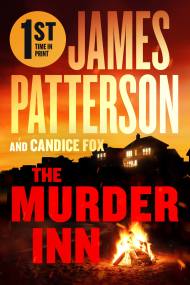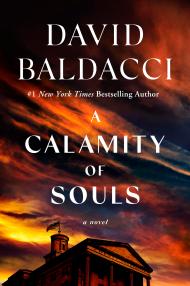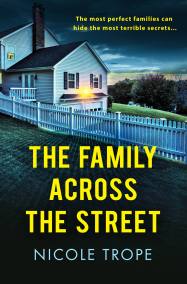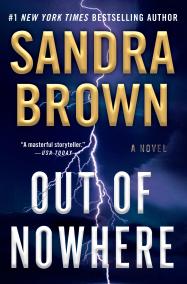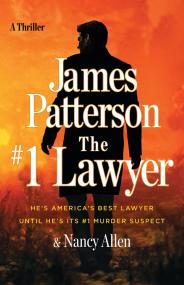Promotion
Use LUCKY24 for 20% off site wide + free shipping over $45
The Thursday Murder Club
A Novel
Formats and Prices
Format
Format:
Trade PaperbackThis item is a preorder. Your payment method will be charged immediately, and the product is expected to ship on or around August 3, 2021. This date is subject to change due to shipping delays beyond our control.
Also available from:
“Witty, endearing and greatly entertaining.” –Wall Street Journal
“Don’t trust anyone, including the four septuagenarian sleuths in Osman’s own laugh-out-loud whodunit.” —Parade
Four septuagenarians with a few tricks up their sleeves
A female cop with her first big case
A brutal murder
Welcome to…
THE THURSDAY MURDER CLUB
In a peaceful retirement village, four unlikely friends meet weekly in the Jigsaw Room to discuss unsolved crimes; together they call themselves the Thursday Murder Club.
When a local developer is found dead with a mysterious photograph left next to the body, the Thursday Murder Club suddenly find themselves in the middle of their first live case.
As the bodies begin to pile up, can our unorthodox but brilliant gang catch the killer, before it’s too late?
- On Sale
- Aug 3, 2021
- Page Count
- 384 pages
- Publisher
- Penguin Books
- ISBN-13
- 9781984880987
By clicking 'Sign Up,' I acknowledge that I have read and agree to Hachette Book Group’s Privacy Policy and Terms of Use
